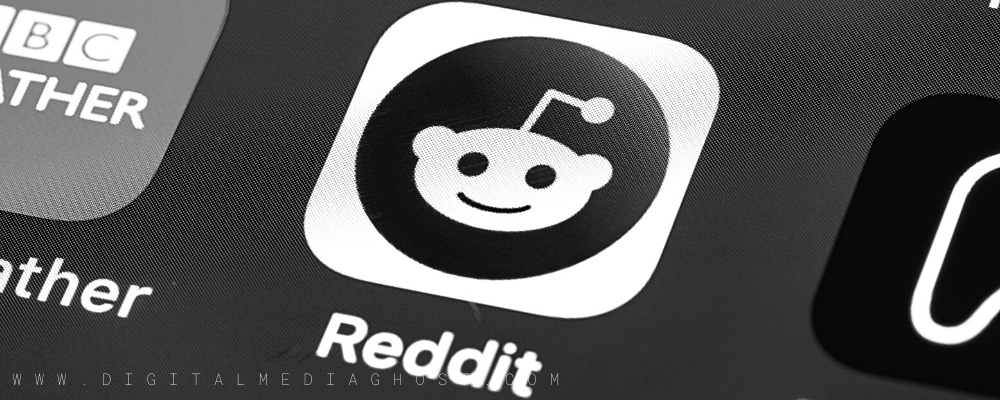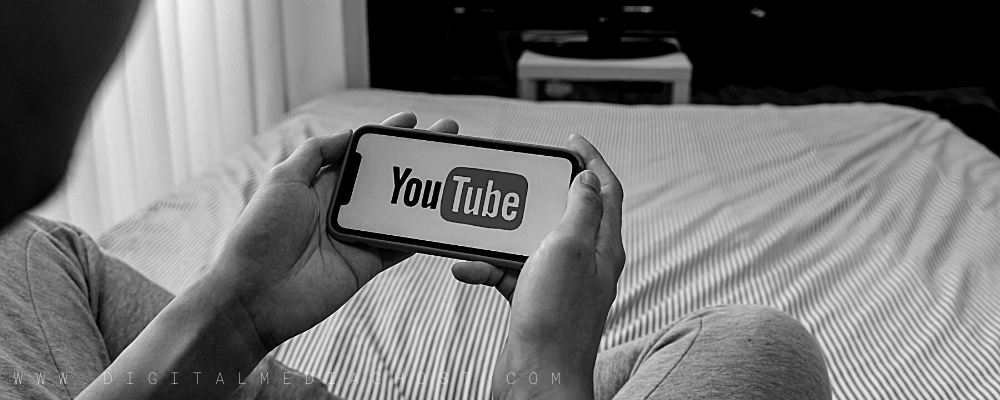|
by Kim Niemi
Someday people are going to learn that there is no privacy on the Internet (Rule One), and that the Internet is forever (let’s call this Rule Two). Until then, we’re going to share their foibles with you in the hopes that you will make one less gaffe yourself by reading about their pain.
by Lily Bradic
Every time Facebook updates its privacy settings, more people get left behind. It’s bad enough for those of us who work with social media on a daily basis — for us, it’s more of a laziness issue than anything — but keeping up-to-date with privacy can be virtually impossible for users of the social network who don’t understand what they need to be aware of, and perhaps that’s why people are turning to technology for help. Browser add-ons and other privacy-checking tools are becoming an increasingly popular way of managing online privacy, and the best part? They’re simple enough for anyone to use. Read the full post on AllFacebook to learn about some great, FREE options you can use!
by Mary C. Long
I wrote before about how your email might be sending spam without you knowing it - and I told you what to do about it. But what if you changed your password, turned on two-step verification and logged out all other locations accessing your account and the bounce-back emails (from places you've never emailed) continued? Well then, sir/madam - your email has been spoofed. And you're not going to like the rest of this post.
by Mary C. Long
You might find yourself, on occasion, the recipient or sender of hostile or just plain weird Facebook messages. And you likely delete these messages after a period of time by clicking the handy “X” to the right of each one. If this all rings true so far, know that all of those conversations are still there, waiting to come back to haunt you. Read the full post on AllFacebook to find out what's happening and what you can do about!
When was the last time you checked your Facebook privacy settings? Too long ago, most likely. When the term "Facebook privacy" first started getting bandied about, most of us set our profiles to "friends only", and assumed that was that — our info was only shared with our friends, our privacy was respected, and there was nothing else to worry about. Unfortunately, that wasn’t -- and isn't -- quite true.
Check out the full post on Examiner.com to learn more! DIGITAL MEDIA GHOST | PRIVACY CONCERNS
Billy Joel knows what he’s talking about. But “A Matter of Trust,” isn’t just a great song title and hook, it’s the guiding principle behind all commercial endeavors, and these days that translates across social media platforms. Trust is everything to consumers, and breaking that trust is a form of social sabotage.
by Lily Bradic | DIGITAL MEDIA GHOST | DIGITAL MARKETING
Heard of Reddit? If not, be warned — unless you can afford to procrastinate for the next few hours, you’re better off leaving this site until you have time to kill. If you’re familiar with Reddit, you’ll know what we mean.
DIGITAL MEDIA GHOST | PRIVACY CONCERNS
It’s been a few weeks now of us illustrating some disastrous examples and results of social sabotage across the Web, but wouldn’t it be helpful to have an outline of some sort to help you know just what kind of writing might get you into trouble so you can recognize it when you see it (or write it)?
DIGITAL MEDIA GHOST | PRIVACY CONCERNS
For the past few weeks we’ve used this space to shine light on examples of bad behavior on the Web. We’re talking the really bad, get people fired, cost people lots of money kind of bad behavior. When it happens publicly across social media channels we call it social sabotage, and trust us, you don’t want any part of it.
But how do you know if what you’ve posted constitutes social sabotage? I mean, waiting to judge by the results of a questionable post is probably a little risky (though some of us insist on learning the hard way). Are there degrees of social sabotage? by Lily Bradic | DIGITAL MEDIA GHOST | DIGITAL MARKETING
This week, we’ll be talking about YouTube, and how — if you’re willing to spend a little more time and money — you can take video marketing to another level.
|
Categories
All
Archives
November 2023
|
|
Locations:
New Orleans, LA Nashville, TN |
|
Digital Media Ghost @2020
|







 RSS Feed
RSS Feed
